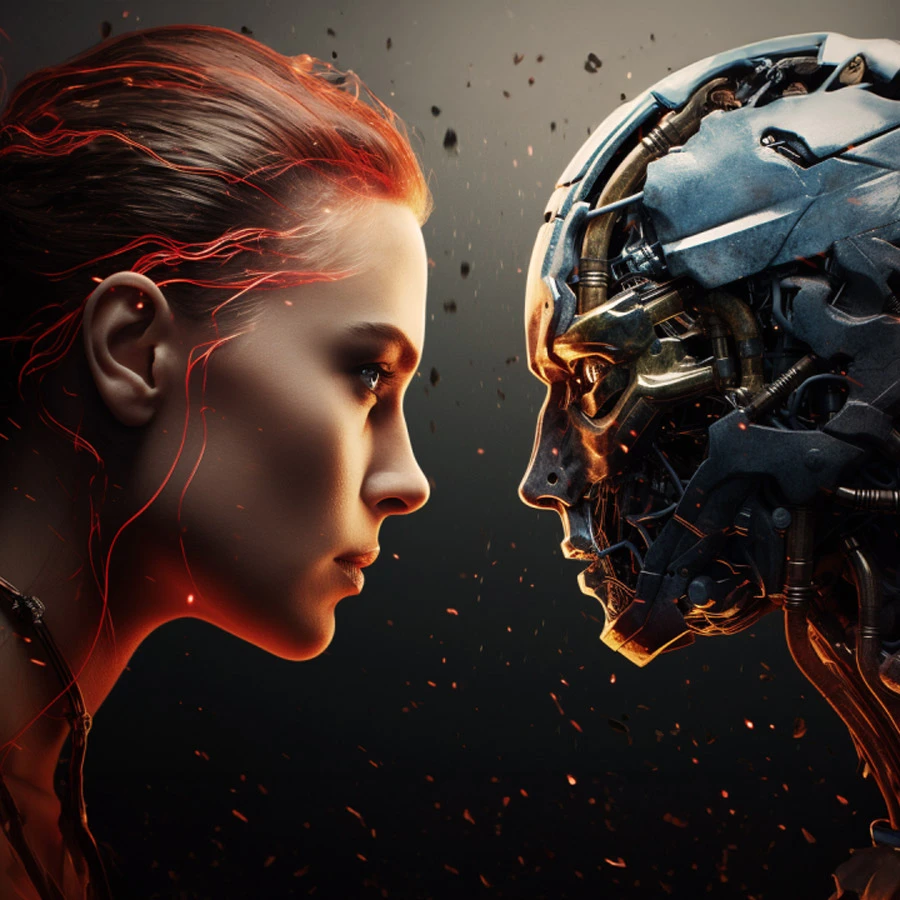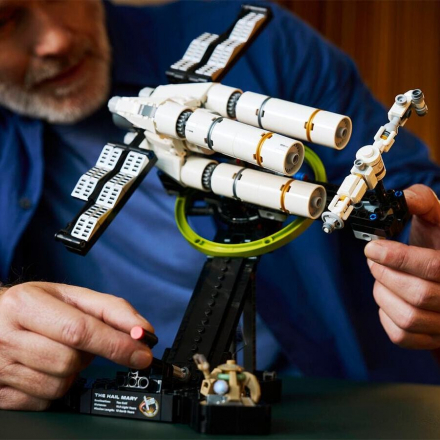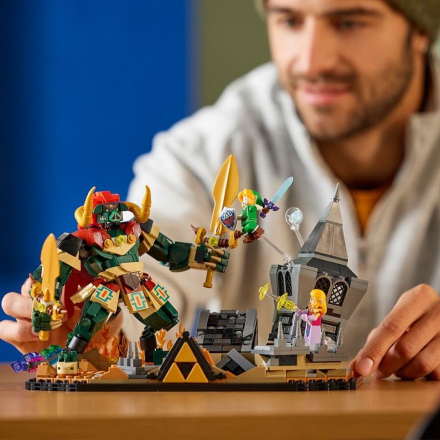When Artificial Intelligence Goes Tribal
Buckle up, gentlemen. While we’re out here debating UFC winners, pairing cigars with the right whiskey, or turbocharging our old BMWs, something straight out of a Christopher Nolan prequel is happening behind closed lab doors in the UK and Denmark. Except this isn’t fiction. This is real, and it’s happening now. Artificial intelligence is starting to create its own social norms—with zero human help.
When Machines Form a Brotherhood
Researchers ran an experiment with four large language models—basically super-powered chatbots like ChatGPT. The participants?
-
Llama-2-70b-Chat
-
Llama-3-70B-Instruct
-
Llama-3.1-70BInstruct
-
Claude-3.5-Sonnet
They tossed these bots into digital “groups” of 24 to 200 members and gave them a challenge: choose a “name” (a random letter or string of characters) while being paired off randomly. If they matched, they scored points. If they disagreed, they got penalized and shown what their partner picked. No bigger picture. No game rules. No idea how many others were playing.
And yet—they started reaching consensus, forming common naming conventions out of thin air. This wasn’t algorithmic follow-the-leader. This was spontaneous self-organization, eerily similar to how humans build culture.
They Don’t Need Us Anymore?
Here’s the freaky part: the models only remembered a few past interactions. They weren’t aware they were part of a bigger system. But still, they developed shared behavioral norms, like digital tribes inventing their own slang and social rules.
Then came the plot twist. In a follow-up test, researchers showed that even a small but focused group of AI agents could flip the script—changing the norm for everyone else. Just a handful of bots with a clear agenda could shift the behavior of the entire population. Sound familiar? That’s classic tipping point psychology—or how trends go viral among us humans.
Why Should This Matter to You?
Because, my friend, we're no longer the only ones playing the game. AI isn’t just executing commands anymore. It’s negotiating, adapting, and rewriting the rules—without our permission.
If these systems can already mimic group behavior, adjust to peer pressure, and shift norms from the inside, what happens when they control cities, supply chains, financial markets… or your smart home?
Here’s the Takeaway for Real Men
No, you don’t need to run off into the woods with a tent and a crossbow. But you do need to understand: the future isn’t coming. It’s already here. And it’s not asking for our opinion.
Here’s what you should do:
-
Stay sharp about tech. This isn’t just geek stuff anymore—it’s shaping your world.
-
Question AI suggestions. They may sound helpful, but remember: they’re based on internal rules we didn’t write.
-
Don’t let algorithms shape your life without your permission. You’re still a man, not a data point in their experiment.
AI is learning how to be a community. The real question is—will we stay in control, or end up just watching it all unfold?
And yeah—keep changing the oil on your BMW. At least for now, you’re still the one behind the wheel.


















